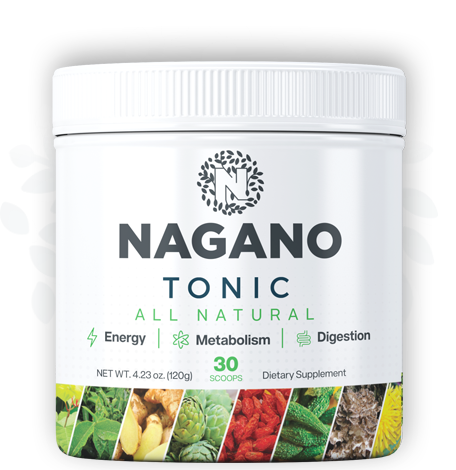
How to Fuel Your Body for Running: Best Practices
Key Takeaways
- Fueling before, during, and after a run is crucial for performance.
- Carbohydrates are essential for energy, while proteins aid in recovery.
- Stay hydrated and replenish electrolytes, especially on long runs.
- Individual needs may vary; always test what works best for your body.
Proper nutrition plays a vital role in optimizing running performance. Whether you're a seasoned marathoner or just starting out, understanding how to fuel your body effectively can significantly enhance your energy levels and overall experience. In this article, we will discuss the best practices for fueling your body before, during, and after your runs.
Why Nutrition Matters for Runners
Nutrition directly impacts your performance, endurance, and recovery. Proper fueling ensures you have the energy to complete your run and recover effectively afterward. Here’s how various nutrients support a runner's body:
Essential Nutrients for Runners
| Nutrient | Role | Sources |
|---|---|---|
| Carbohydrates | Main source of energy. | Whole grains, fruits, vegetables, energy gels. |
| Protein | Supports muscle repair and recovery. | Lean meat, fish, dairy, legumes, nuts. |
| Fats | Provides lasting energy for longer runs. | Nuts, seeds, avocados, olive oil. |
| Vitamins & Minerals | Support overall health and energy production. | Fruits and vegetables, whole foods. |
| Water | Essential for hydration and recovery. | Plain water, herbal teas, electrolyte drinks. |
Fueling Before a Run
What you consume before your run sets the stage for your performance. Here are some best practices for fueling up:
- Have a carb-rich meal or snack 30 minutes to 2 hours before running.
- Keep it light and easily digestible to avoid stomach discomfort.
- Consider options like a banana, oatmeal, or whole-grain toast with peanut butter.
Example Pre-Run Meals
| Time Before Run | Food Options |
|---|---|
| 2-3 hours | Pasta with lean protein and veggies. |
| 1 hour | Smoothie with fruits and spinach. |
| 30 minutes | Energy bar or banana. |
Fueling During a Run
For runs that last longer than an hour, it’s crucial to maintain your energy levels:
- Consume easily digestible carbohydrates to sustain energy.
- Consider sports drinks, gels, or chews, especially during long runs.
- Stay hydrated by taking small sips of water regularly.
Hydration and Electrolytes
Dehydration can severely hinder your performance. Here’s how to keep your body well-hydrated:
- Drink water before your run.
- Consider electrolyte-rich drinks on hot days or during long activities.
- Keep track of your fluid intake to avoid dehydration.
Fueling After a Run
Recovery nutrition is just as important as your pre-run fuel. Here’s what to do post-run:
- Consume a meal or snack that includes carbohydrates and protein within 30 minutes of finishing.
- Hydrate to replenish lost fluids.
- Good post-run meals include a protein shake, yogurt with fruit, or a balanced meal with whole grains and lean protein.
Example Post-Run Meals
| Food Option | Benefits |
|---|---|
| Protein Shake | Quick recovery with protein. |
| Greek Yogurt & Berries | High in protein and antioxidants. |
| Chicken & Quinoa | Balanced meal with protein and carbs. |
Considerations for Different Types of Runners
Each runner has unique needs based on their training intensity and goals:
Long-Distance vs. Sprint Runners
- Long-distance runners need more carbohydrates for sustained energy.
- Sprint runners may focus on quick energy sources and muscle recovery.
Vegan and Vegetarian Runners
For those who follow a plant-based diet, ensure you're getting adequate protein and vital nutrients:
- Incorporate legumes, nuts, and seeds into your meals.
- Consider supplements for B12, iron, and omega-3 fatty acids if needed.
Night Shred Fat Burner and Natural Sleep Support
This supplement supports weight loss and promotes restful sleep with natural ingredients like Ashwagandha and Melatonin, making it an excellent addition to your recovery routine.
Learn MoreFinal Thoughts
Fueling your body correctly can profoundly impact your running performance. Pay attention to your nutrition regimen, listen to your body, and adjust as necessary to find what works best for you.
Explore More
For further reading on running nutrition and training tips, consider visiting the following:

